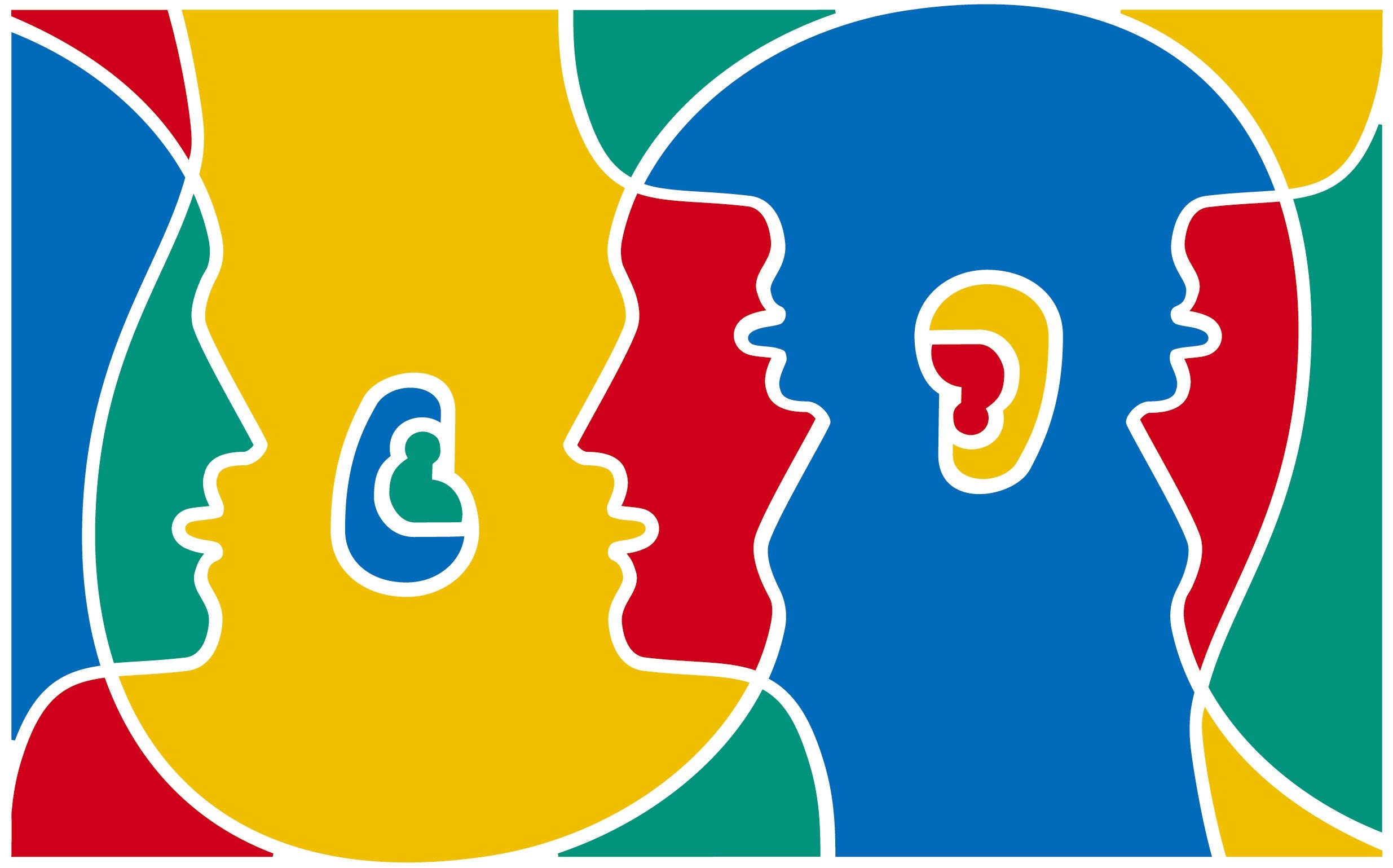Learning three languages through pedagogical translanguaging
A conversation with Dr. Jasone Cenoz, Professor of Education, University of the Basque Country, and Dr. Durk Gorter, Professor, Ikerbasque Research Foundation, University of the Basque Country.
Traditionally, language teaching in educational settings has applied a policy of language separation by isolating the target language from other languages in the learner’s repertoire. This policy prevents students from using their own linguistic resources as emergent multilinguals and alternative policies are gaining currency. These educational policies aim at softening boundaries between languages and include translanguaging. The concept of translanguaging was originally developed as a teaching strategy that alternated English and Welsh for input and output activities in the context of bilingual education in Wales, and has been extended and it can now refer to pedagogically oriented strategies that use different resources from two or more languages.
Translanguaging also refers to spontaneous language practices that have not been specifically planned with a pedagogical purpose. In this presentation we focus on pedagogical translanguaging and we report on a pedagogical intervention that aims to develop communicative and academic competences in three languages: Basque as the minority language, Spanish as the majority language and English as the foreign language.
The project was carried out in the 5th and 6th years of primary education and it aimed at developing metalinguistic awareness and language awareness through pedagogical translanguaging. Participants were 121 students who had Basque and/or Spanish as their first language and English as their third language. The outcomes demonstrate that translanguaging provides pupils with additional resources that they can use to develop multilingual competence.
